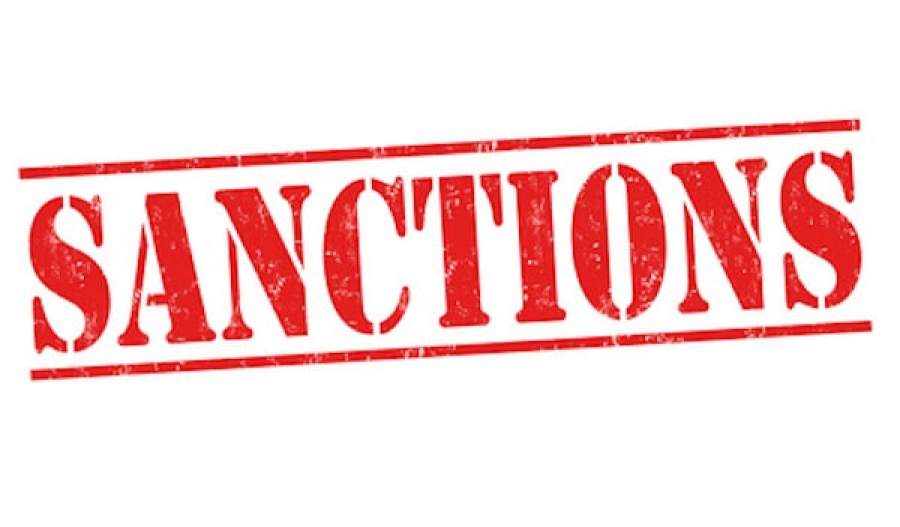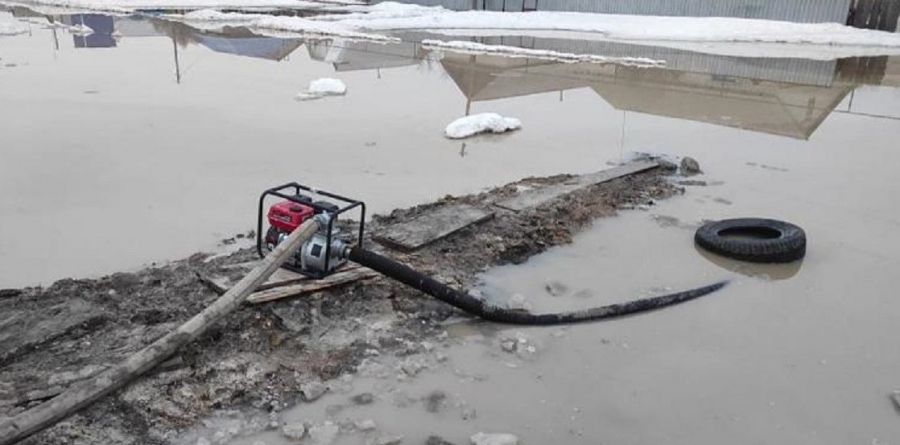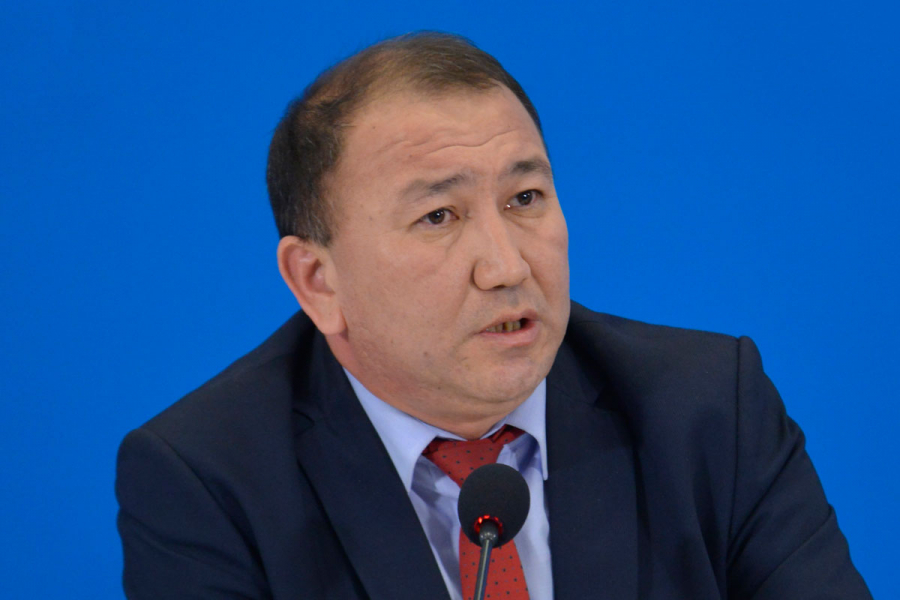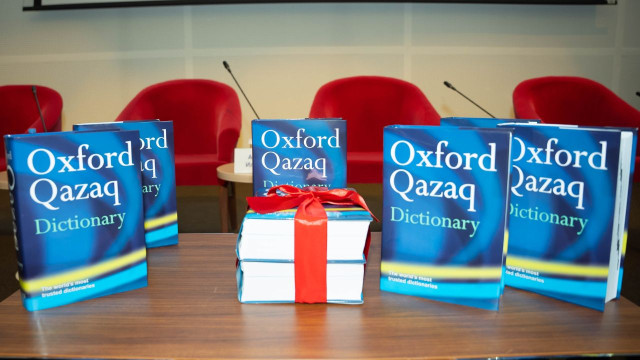
Kazakhstan intends to punish civil servants for illegal enrichment. For those whose expenses exceed official revenues, special sanctions will be provided. The Mazhilis of Kazakh Parliament approved a new bill on anti-corruption. It was presented to the parliament members by the chairman of the relevant agency Marat Akhmetzhanov. He noted that the main provisions of the document are envisaged by the new concept of anti-corruption policy, approved by the Head of State on February 2. The chairman of the anti-corruption service called this law fundamental in the system of countering "bribery" in the country. According to him, everyone is aware of the scheme of concealing property assets acquired through corruption, which is often drawn up in the name of other persons. Proving that hidden wealth was acquired illegally is an easy feat, said Marat Akhmetzhanov. He also added that the introduction of responsibility for unreasonable enrichment is a continuation of the implementation of the income declaration.
“In addition to the 10 percent individual income tax provided for by the current legislation, we propose to strengthen the responsibility of civil servants. In particular, if the difference in expenses and incomes of officials exceeds 1,000 monthly indicators, a fiscal sanction will be considered: 90 percent of the difference will be confiscated as an administrative fine. However, in each case, everyone is given the opportunity to explain the legitimacy of the expenses. If the same difference exceeds the annual income and the official cannot explain where the money came from, career punishment will be considered. This means that he will be dismissed from the civil service for three years for negative reasons,” said Marat Akhmetzhanov, Chairperson, Kazakh Anti-Corruption Agency.
The Chairman of the Anti-Corruption Service spoke about the stage-by-stage submission of declarations of civil servants on income and expenses.
“At the first stage, last year, civil servants showed their incomes. Now the comparison of incomes and expenses will begin. At the second stage, in 2023-2024, employees of state institutions and the quasi-government sector will join. At the third stage, in 2024-2025, heads and founders of legal entities will start declaring incomes. At the last stage, in 2025-2026, all citizens will submit the declaration. And only then will it become known about the assets and property of the entire population,” added Marat Akhmetzhanov.
Another part of the bill is aimed at the development of a mechanism for protecting citizens who reported a case of corruption, the Government noted.
Translation by Aruzhan Bizhigitova
Editing by Galiya Khassenkhanova









